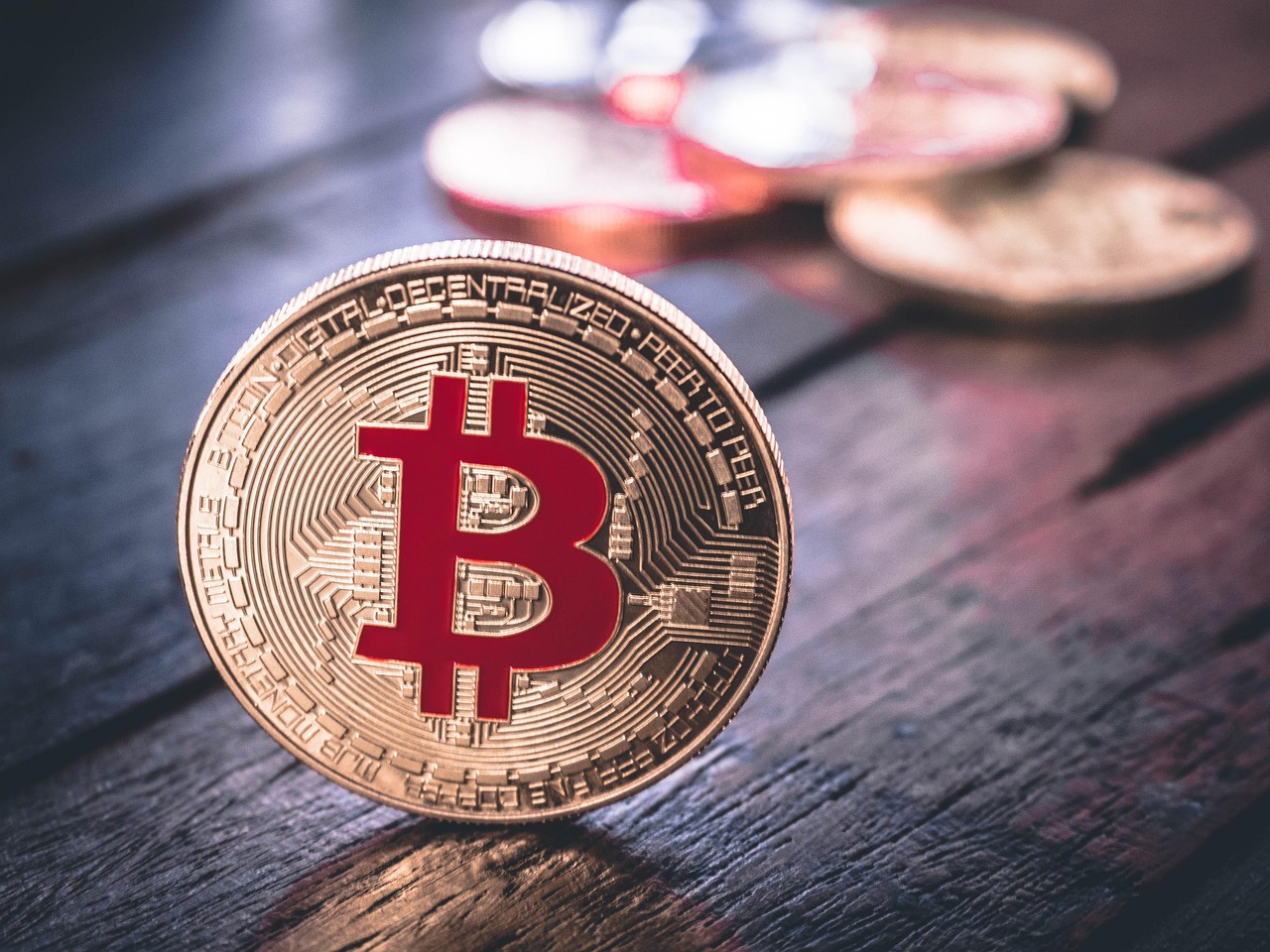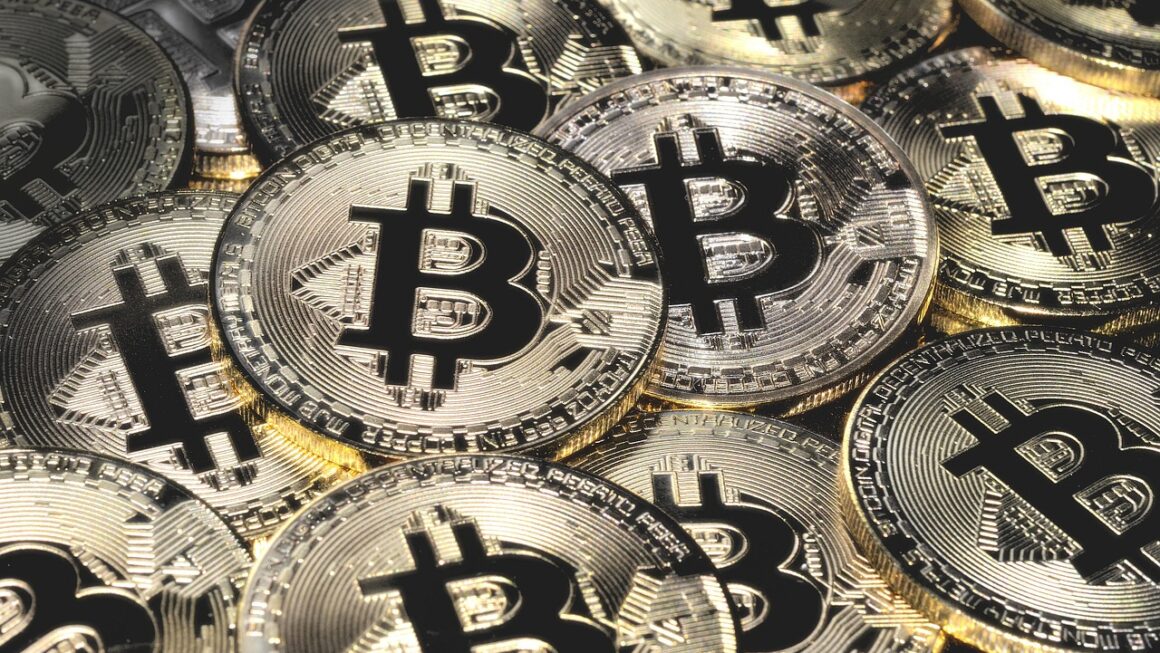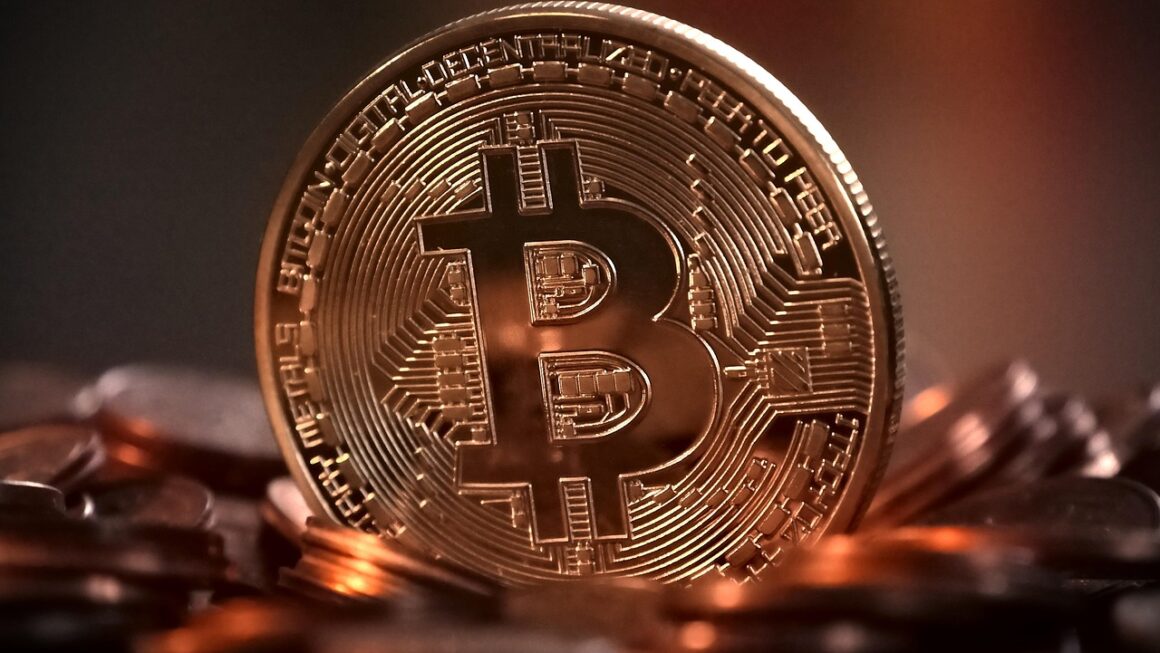Beyond Bitcoin: Exploring the World of Altcoins
The cryptocurrency landscape extends far beyond Bitcoin, the pioneering digital currency. A vast and dynamic ecosystem of alternative cryptocurrencies, known as altcoins, has emerged, each vying for a slice of the digital asset pie. These altcoins offer diverse functionalities, technological innovations, and investment opportunities, presenting both excitement and complexity for those navigating the crypto market. This guide will delve into the world of altcoins, exploring their types, benefits, risks, and how to approach investing in them.
What are Altcoins?
Definition and Origin
Altcoin is a portmanteau of “alternative coin,” meaning any cryptocurrency that is not Bitcoin. They were created to improve upon perceived limitations of Bitcoin, such as transaction speed, scalability, consensus mechanisms, or to introduce entirely new functionalities. The first notable altcoin was Namecoin, created in 2011, which aimed to decentralize domain name registration.
Types of Altcoins
The altcoin universe is incredibly diverse. Categorizing them helps understand their unique purpose and function.
- Mining-Based Altcoins: These altcoins, like Litecoin and Monero, use Proof-of-Work (PoW) consensus mechanisms, similar to Bitcoin. Miners compete to solve complex cryptographic puzzles to validate transactions and earn newly minted coins.
- Staking-Based Altcoins: Often using Proof-of-Stake (PoS) mechanisms, these altcoins, such as Cardano and Solana, reward users for holding and “staking” their coins. Staking involves locking up a certain amount of coins to validate transactions and maintain the network, earning staking rewards in the process.
- Stablecoins: These altcoins are designed to maintain a stable value, usually pegged to a fiat currency like the US dollar or another asset. Examples include Tether (USDT) and USD Coin (USDC). They aim to provide stability within the volatile crypto market, facilitating easier trading and acting as a safe haven.
- Utility Tokens: These tokens provide access to a specific product or service on a particular platform or network. Examples include Basic Attention Token (BAT) which powers Brave browser’s advertising platform, and Chainlink (LINK) which provides decentralized oracle services.
- Security Tokens: Representing ownership in a company or asset, these tokens are often subject to securities regulations. They offer potential benefits like fractional ownership, increased liquidity, and automated compliance.
Why Altcoins Exist: Advantages and Innovations
Addressing Bitcoin’s Limitations
Altcoins often aim to improve upon Bitcoin’s perceived shortcomings.
- Faster Transaction Speeds: Coins like Litecoin and Solana boast significantly faster transaction processing times than Bitcoin, making them more suitable for everyday transactions. For example, Litecoin has a block time of 2.5 minutes compared to Bitcoin’s 10 minutes.
- Enhanced Scalability: Altcoins like Cardano and Ethereum aim to address Bitcoin’s scalability issues through technologies like sharding and layer-2 solutions, enabling them to handle a higher volume of transactions.
- Advanced Features: Many altcoins introduce new features and functionalities not present in Bitcoin, such as smart contracts (Ethereum), privacy features (Monero), or decentralized governance mechanisms (Dash).
Innovation and Specialization
Altcoins allow for experimentation and specialization within the cryptocurrency space.
- Smart Contracts: Platforms like Ethereum enable the creation of decentralized applications (dApps) and smart contracts, opening up a wide range of possibilities for decentralized finance (DeFi), gaming, and other applications.
- Decentralized Finance (DeFi): Altcoins are the backbone of the DeFi ecosystem, enabling lending, borrowing, trading, and other financial services in a decentralized and permissionless manner.
- Non-Fungible Tokens (NFTs): While NFTs can exist on various blockchains, many altcoins facilitate the creation, trading, and storage of NFTs, representing ownership of unique digital assets.
Risks and Challenges of Investing in Altcoins
Volatility and Market Liquidity
Investing in altcoins carries inherent risks.
- High Volatility: Altcoins are generally more volatile than Bitcoin, meaning their prices can fluctuate dramatically in short periods.
- Lower Liquidity: Many altcoins have lower trading volumes than Bitcoin, making it difficult to buy or sell large quantities without significantly impacting the price.
- Market Manipulation: The smaller market capitalization of many altcoins makes them more susceptible to market manipulation schemes like pump and dumps.
Security Concerns
Security vulnerabilities and scams pose a significant threat in the altcoin space.
- Security Vulnerabilities: Altcoin projects, particularly newer ones, may have security vulnerabilities in their code that can be exploited by hackers.
- Scams and Rug Pulls: The altcoin space is rife with scams, including “rug pulls,” where developers abandon a project after raising funds, leaving investors with worthless tokens.
- Regulatory Uncertainty: The regulatory landscape for cryptocurrencies is still evolving, and there is a risk that new regulations could negatively impact the value of certain altcoins.
Due Diligence is Key
Thorough research and due diligence are essential before investing in any altcoin.
- Whitepaper Analysis: Carefully review the project’s whitepaper to understand its goals, technology, and roadmap.
- Team Background: Investigate the development team’s experience, expertise, and track record.
- Community Engagement: Assess the strength and activity of the project’s community, as this can be an indicator of its long-term viability.
- Market Research: Analyze the coin’s market capitalization, trading volume, and price history to understand its current market position.
Investing in Altcoins: A Strategic Approach
Portfolio Diversification
- Don’t put all your eggs in one basket: Allocate a smaller portion of your crypto portfolio to altcoins, especially those with higher risk profiles.
- Diversify across different types of altcoins: Consider investing in a mix of mining-based coins, staking-based coins, utility tokens, and stablecoins to reduce overall risk.
Risk Management
- Set stop-loss orders: Protect your investments by setting stop-loss orders to automatically sell your coins if the price falls below a certain level.
- Only invest what you can afford to lose: The value of altcoins can fluctuate dramatically, so only invest funds that you can afford to lose without impacting your financial stability.
- Be wary of hype and FOMO: Avoid making impulsive investment decisions based on hype or fear of missing out.
Long-Term vs. Short-Term Strategies
- Long-Term Investing: Identify altcoins with strong fundamentals, promising technology, and a long-term vision, and hold them for the long term.
- Short-Term Trading: Engage in short-term trading of altcoins based on technical analysis, market trends, and news events. This strategy requires more active management and carries higher risk.
Example Strategies
- Value Investing: Identify altcoins that are undervalued based on their fundamentals and growth potential.
- Growth Investing: Invest in altcoins with high growth potential, even if they are currently trading at a premium.
- Index Investing: Invest in a basket of altcoins that track a specific index, such as a DeFi index or a smart contract platform index.
Where to Buy and Store Altcoins
Cryptocurrency Exchanges
- Centralized Exchanges (CEXs): Platforms like Binance, Coinbase, and Kraken offer a wide range of altcoins for trading. They provide user-friendly interfaces and robust security features but require KYC (Know Your Customer) verification.
- Decentralized Exchanges (DEXs): Platforms like Uniswap and SushiSwap allow users to trade altcoins directly from their wallets without intermediaries. They offer greater privacy and control but can be more complex to use.
Cryptocurrency Wallets
- Hardware Wallets: Devices like Ledger and Trezor offer the highest level of security for storing altcoins offline. They are ideal for long-term storage of significant amounts of crypto.
- Software Wallets: Desktop and mobile wallets like Exodus and Trust Wallet are convenient for accessing and managing altcoins on your computer or smartphone.
- Exchange Wallets: Storing altcoins on a cryptocurrency exchange is generally not recommended for long-term storage, as your funds are vulnerable to hacking or exchange failure.
Conclusion
The world of altcoins offers exciting opportunities for investors seeking to diversify their cryptocurrency portfolios and participate in innovative new technologies. However, it also presents significant risks that must be carefully considered. By conducting thorough research, employing sound risk management strategies, and staying informed about market trends, investors can navigate the altcoin landscape and potentially benefit from its growth. Remember that the cryptocurrency market is dynamic, and continuous learning is crucial for success.
Read our previous article: Silicon To Systems: Hardwares Evolving Innovation Landscape




